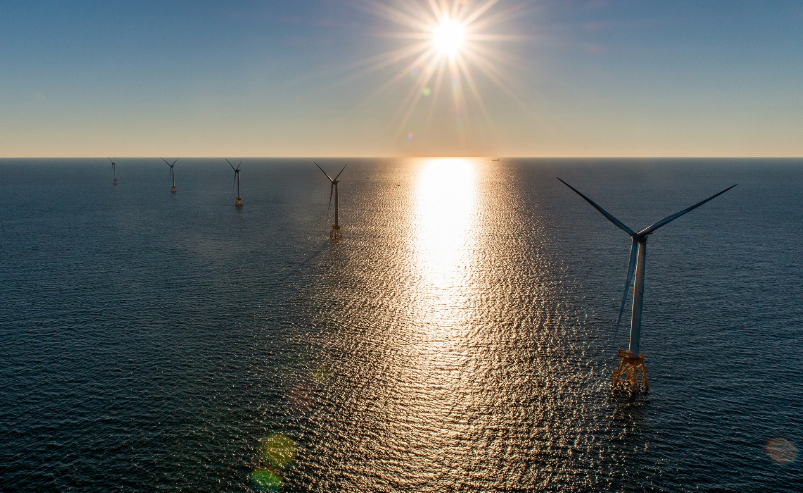UPDATE: On October 12, parties to the Montreal Protocol reached an agreement to phase out the use of harmful hydrofluorocarbons. The Barr Foundation is pleased to stand with other funders to ensure we seize the opportunity to increase energy efficiency, while reducing emissions of this potent greenhouse gas.
All over the world, people are experiencing the effects of climate change—effects that are becoming more devastating every year. Meanwhile, many solutions already exist but have not achieved anywhere near their potential reach.That is why, today, the Barr Foundation is pleased to join an initial group of 19 donors pledging $53 million towards the High Ambition Climate Fund, a coordinated effort to support a massive expansion of energy efficiency in developing countries, while also phasing out a potent greenhouse gas (GHG): hydrofluorocarbons.
While Barr’s primary focus is to help catalyze and advance climate solutions and leadership across our region in ways that can spur broader action, from time to time we also engage in targeted national and global efforts where we see significant opportunities to contribute to impact. We saw this as a once-in-a-generation opportunity to have an impact on GHG emissions, in alignment with our goals related to energy.
This new fund emerged as a response to the “High Ambition Coalition,” a group of 100 nations that formed leading up to the climate talks in Paris last year. The Coalition includes many small island states and African nations that are among the most vulnerable in the world to climate change. To meet the aggressive climate goals that emerged from Paris, many countries are prioritizing an ambitious phase-out of hydrofluorocarbons (HFCs), which are potent greenhouse gas chemicals used for cooling and refrigerants, and are up to 10,000 times more potent than carbon dioxide in causing climate change.
Rather than merely replacing appliances with comparable alternatives that do not emit HFCs, this also presents an opportunity to reduce energy use through efficiency. Yet scant funding exists to leverage this opportunity.
The High Ambition Climate Fund was launched to fill this funding gap and to enable a dramatic expansion of energy-efficiency technologies and solutions into these countries. Based on the impact we’ve seen of concerted investments in energy efficiency across the Northeast, we know this has enormous potential to curb household energy costs and to grow clean energy jobs.
The announcement of the High Ambition Climate Fund comes two weeks before the next round of global climate negotiations in Kigali, Rwanda—considered the first major opportunity to slow climate change since the historic climate change accord in Paris 10 months ago. Studies show that phasing out HFCs could avoid up to 0.5°C of global warming by the end of the century. Combined with the energy efficiency gains and related carbon pollution savings that will be supported by the philanthropic funds, these efforts have the potential to avoid 1°C of global warming. For context, if every nation fulfills its commitment from the Paris agreement, that will at most reduce warming by l.5°C.
The proposed HFC transition is quite fast compared with most CO2 abatement efforts and, at $0.10 per ton of CO2, this is a highly cost-effective climate intervention.
To learn more about the High Ambition Climate Fund and to see a full list of philanthropic funders, read today’s funder press release.
In addition to the philanthropic funds, a group of 16 donor countries—consisting of the United States, Japan, Germany, France, the United Kingdom, Italy, Canada, Australia, the Netherlands, Switzerland, Sweden, Norway, Denmark, Finland, Ireland, and New Zealand—today announced their intent to provide $27 million in 2017 to help phase down HFCs pending successful negotiations in Kigali.




